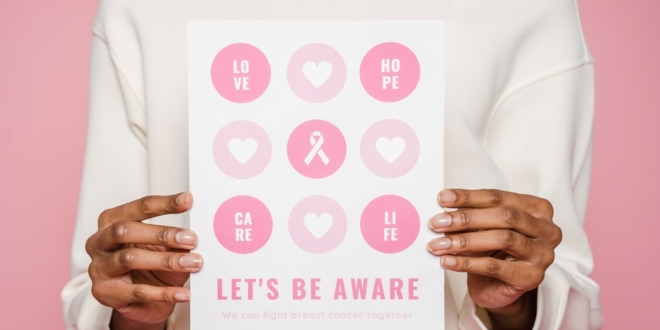Do you have concerns about cancer prevention? Making basic lifestyle changes can go a long way in keeping yourself healthy. Consider the following cancer-prevention tips:
Avoid Tobacco
Tobacco use, in any form, puts you on a collision course with cancer. Various types of cancer, including lung, mouth, throat, larynx, pancreas, bladder, cervix, and kidney cancer, have been linked to smoking. Tobacco chewing has been linked to cancers of the mouth and pancreas.
Exposure to secondhand smoke, even if you don’t use tobacco, may increase your risk of lung cancer. The decision to stop using tobacco is a critical part of cancer prevention. If you need assistance quitting tobacco, talk to your doctor about stop-smoking products and other options.
Maintain a Healthy Weight
Maintaining a healthy weight may reduce the risk of cancers of the breast, prostate, lung, colon, and kidney, among others. Physical activity is also important. Physical activity may reduce your risk of breast cancer and colon cancer on its own, in addition to helping you control your weight.
Adults who engage in any amount of physical activity enhance their health. However, for significant health benefits, aim for at least 150 minutes of moderate aerobic activity or 75 minutes of intense aerobic activity per week. A combination of mild and intense activity is also an option. Include at least 30 minutes of physical activity in your daily routine as a general goal.
Get Regular Medical Care
Regular self-exams and screenings for cancers of the skin, colon, cervix, and breast will improve the chances of detecting cancer early when treatment is most likely to be effective. Inquire with your doctor about the most appropriate cancer screening schedule for you.
Stay Away From High-risk Activities
Another effective cancer prevention method is to keep away from risky behaviors that can lead to infections, which can then result in an increase in the risk of cancer. So, for instance, you should make sure you’re having safe sex. When having sex, limit the number of sexual partners you have and use a condom.
In your lifetime, the more sexual partners you have, the more likely you are to contract a sexually transmitted infection like HIV or HPV. People with HIV or AIDS are more likely to develop cancers of the anus, liver, and lungs. HPV is most commonly linked to cervical cancer, but it may also increase the risk of the anus, penis, throat, vulva, and vaginal cancers.
Sharing needles is not a good idea. Sharing needles with intravenous drug users can spread HIV, hepatitis B, and hepatitis C, all of which increase the risk of liver cancer. Seek professional assistance if you’re worried about drug abuse or addiction.







